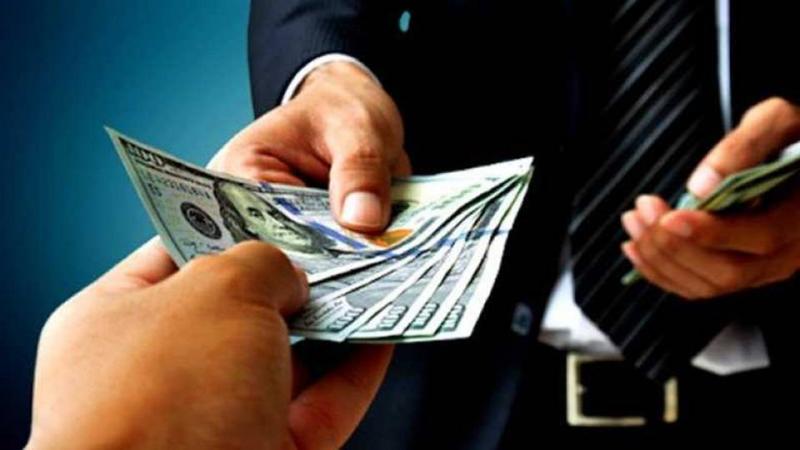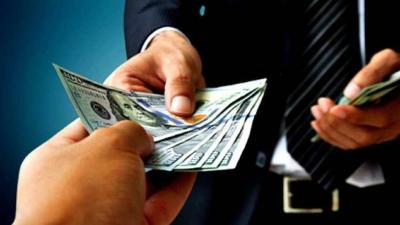The skyrocketing exchange rate of the dollar, which recorded a new record yesterday surpassing the 43,000 lira mark, along with the crowding seen in currency exchange institutions to convert "what is in the pocket" at a high price in anticipation of an impending collapse, has spread a comical yet tragic "news item" about the "escape of a large number of money changers and betters in several Lebanese regions, resulting in losses amounting to millions of dollars." As the news circulated on social media, the Syndicate of Money Changers in Lebanon quickly issued a clarification statement in which it mentioned that the term "money changers" appeared in some news outlets discussing financial problems faced by some unlicensed currency exchange operators, which are not related to the legally licensed money changers. The syndicate urged the concerned authorities to regulate the violations.
In this context, the head of the Syndicate of Money Changers in Lebanon, Antoine Maroun, confirmed to "Nidaa El-Watan" that "the syndicate has no relation to those referred to as money changers; the members of the syndicate operate according to the law." Regarding the type of money changers mentioned in the statement, he said, "They are groups working together in what is known as 'kashf' and we have no connection or relationship with them, neither directly nor indirectly; they engage in large sums of buying and selling money in a phantom exchange."
In detail, the operations that led to the flight of the betters show large amounts starting from $200,000 to $500,000, up to $1 million and even $3 million, leaving them unable to pay the difference. In the kashf market, when a loss is recorded from a better, it registers a "differential," and the loser is not held accountable immediately but after a while, leading to an exacerbation of the amounts owed.
The kashf market is considered "the acknowledged" one, the largest group in Lebanon containing all the mafias in the country, where betting occurs on the exchange rate of the dollar over a week. Consequently, large amounts worth millions of dollars were sold based on the assumption that the dollar exchange rate in the black market would plunge to 37,000 or 35,000 lira, which did not happen due to the Central Bank of Lebanon not intervening to lower the exchange rate; on the contrary, it allowed it to record increases, which caused them significant losses.
On the other hand, regarding the continuous leaps made by the dollar, economic expert Patrick Mardini clarified to "Nidaa El-Watan" that they are due to the Central Bank injecting the lira significantly into the market over the past two months and using part of it to buy dollars, along with the approval of a general budget that tripled salary increases. As the state could not fulfill these obligations, it printed more local currency. It is worth noting that in just one week, the dollar's exchange rate in the black market jumped by 1,700 lira from 41,400 lira to 43,100 lira, the closing price yesterday.




